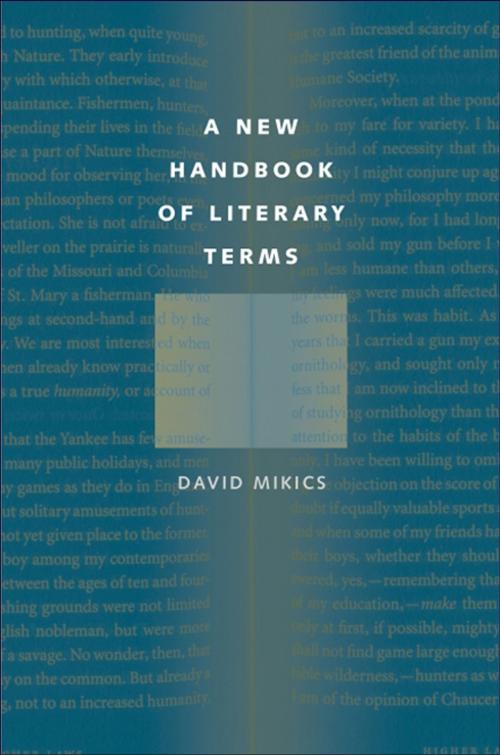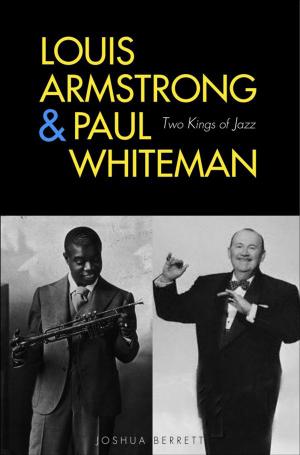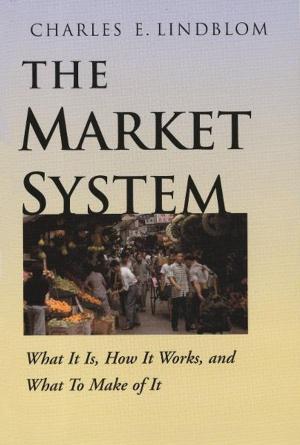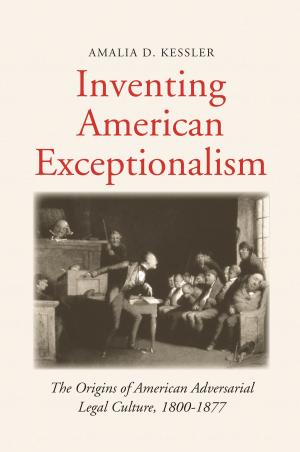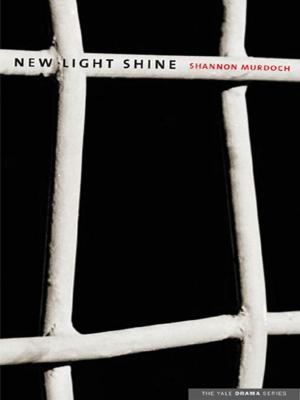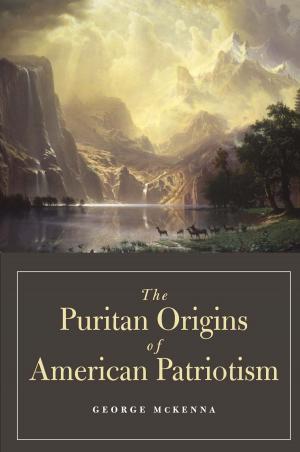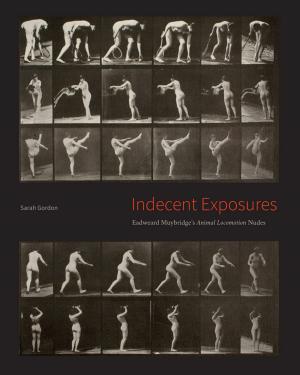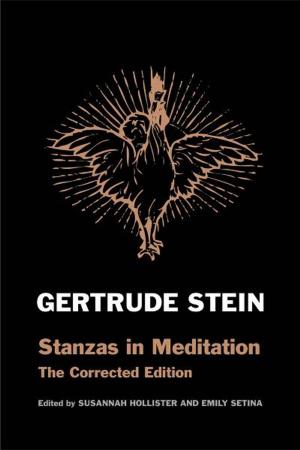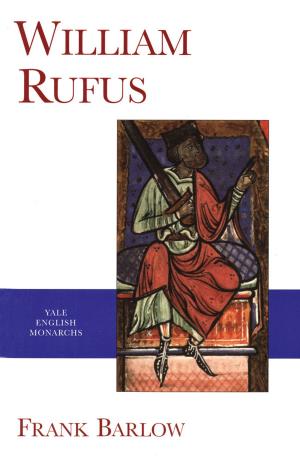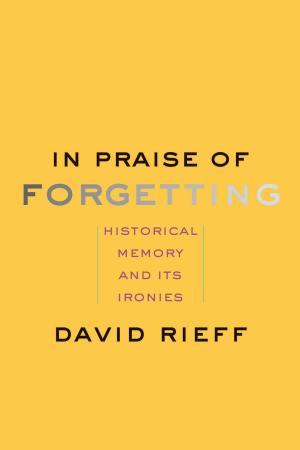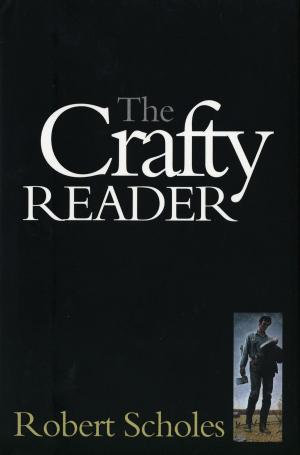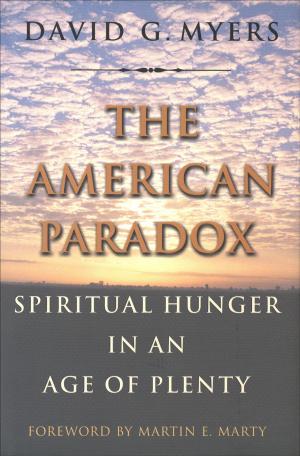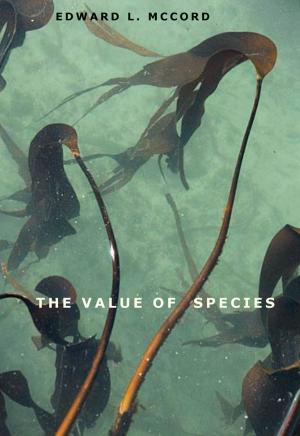| Author: | David Mikics | ISBN: | 9780300135220 |
| Publisher: | Yale University Press | Publication: | October 1, 2008 |
| Imprint: | Yale University Press | Language: | English |
| Author: | David Mikics |
| ISBN: | 9780300135220 |
| Publisher: | Yale University Press |
| Publication: | October 1, 2008 |
| Imprint: | Yale University Press |
| Language: | English |
A New Handbook of Literary Terms offers a lively, informative guide to words and concepts that every student of literature needs to know. Mikics’s definitions are essayistic, witty, learned, and always a pleasure to read. They sketch the derivation and history of each term, including especially lucid explanations of verse forms and providing a firm sense of literary periods and movements from classicism to postmodernism. The Handbook also supplies a helpful map to the intricate and at times confusing terrain of literary theory at the beginning of the twenty-first century: the author has designated a series of terms, from New Criticism to queer theory, that serves as a concise but thorough introduction to recent developments in literary study.
Mikics’s Handbook is ideal for classroom use at all levels, from freshman to graduate. Instructors can assign individual entries, many of which are well-shaped essays in their own right. Useful bibliographical suggestions are given at the end of most entries. The Handbook’s enjoyable style and thoughtful perspective will encourage students to browse and learn more. Every reader of literature will want to own this compact, delightfully written guide.
A New Handbook of Literary Terms offers a lively, informative guide to words and concepts that every student of literature needs to know. Mikics’s definitions are essayistic, witty, learned, and always a pleasure to read. They sketch the derivation and history of each term, including especially lucid explanations of verse forms and providing a firm sense of literary periods and movements from classicism to postmodernism. The Handbook also supplies a helpful map to the intricate and at times confusing terrain of literary theory at the beginning of the twenty-first century: the author has designated a series of terms, from New Criticism to queer theory, that serves as a concise but thorough introduction to recent developments in literary study.
Mikics’s Handbook is ideal for classroom use at all levels, from freshman to graduate. Instructors can assign individual entries, many of which are well-shaped essays in their own right. Useful bibliographical suggestions are given at the end of most entries. The Handbook’s enjoyable style and thoughtful perspective will encourage students to browse and learn more. Every reader of literature will want to own this compact, delightfully written guide.
